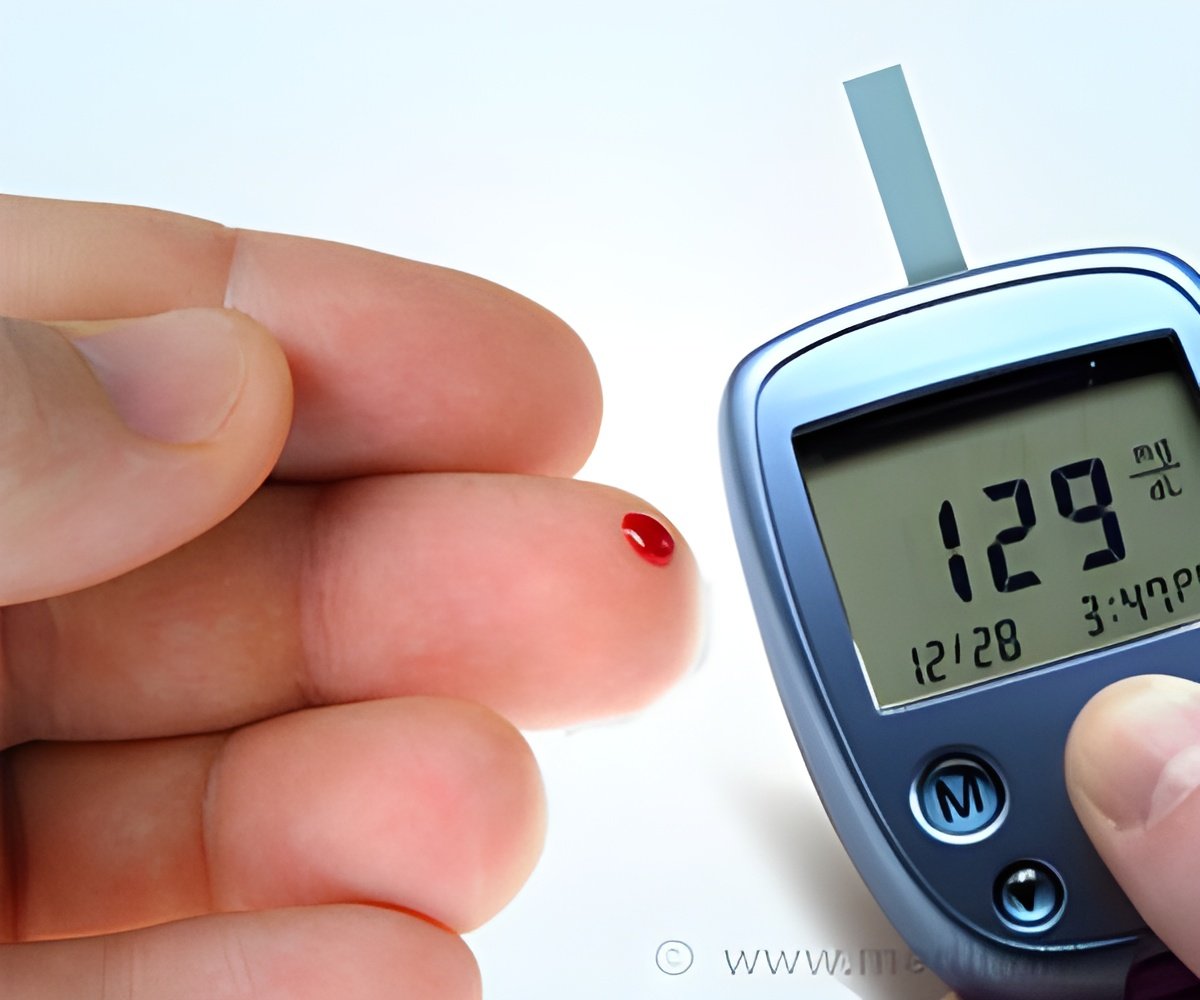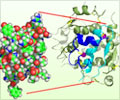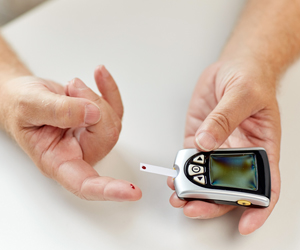
Individuals having 2-AAA concentrations in the top quartile had up to a fourfold risk of developing diabetes during the 12-year follow-up period compared with people in the lowest quartile.
Wang asserted that the caveat with these new biomarkers is that they require further evaluation in other populations and further work to determine how this information might be used clinically.
The researchers also conducted laboratory studies to understand why this biomarker is elevated so well in advance of the onset of diabetes.
They found that giving 2-AAA to mice alters the way they metabolize glucose. These molecules seem to influence the function of the pancreas, which is responsible for making insulin, the hormone that tells the body to take up blood sugar.
The findings have been published in The Journal of Clinical Investigation.
Advertisement














